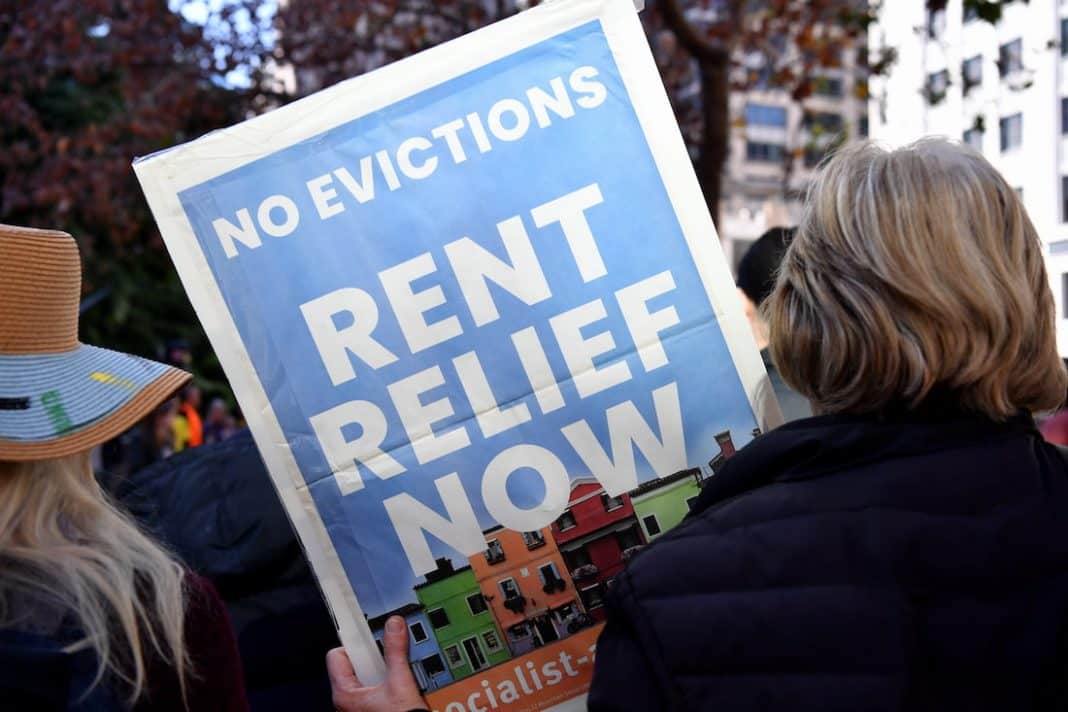The government’s signature housing policy has suffered a major blow, with the opposition and Greens voting to delay debate on the multi-billion dollar Housing Australia Future Fund.
While debate on the $10 billion fund, which would use investment returns to build 30,000 social and affordable homes each year for five years, was set for this week in parliament, the Greens brought a motion to delay it for four months.
The delay was to allow the prime minister to negotiate rent reforms with the state and territory leaders at an upcoming national cabinet meeting.
Debate won’t resume until October 16, after the coalition teamed up with the Greens to delay the move.
“We know the pressure that Australians in rental accommodation are feeling is extraordinary,” Greens senator Sarah Hanson-Young told parliament.
Trade Minister Don Farrell warned the Senate the government would regard the delay to the debate as part of a trigger for a possible double-dissolution election.
“If the Senate defers bills to October, the government will regard this as the Senate failing to pass the bill, and I’m sure you understand the consequences of that,” he said.
Senator Farrell described the Greens and coalition voting to defer the bill as an “axis of evil”.
The government was hopeful of a breakthrough of negotiations on the housing bill, after it announced a $2 billion commitment for social housing, which would be shared among the states and territories.
The Greens had said the government was not doing enough to address the housing crisis, and demanded more be done for renters in exchange for their support.
Housing Minister Julie Collins said every six months the bill is delayed, was $250 million that could have gone to building more homes.
“If this bill gets delayed until October, the Greens political party and the Liberals would have succeeded in delaying it for more than six months,” she said.
Earlier, housing advocates teamed up with crossbench senators to urge the housing fund be set up without delay.
Community Housing Industry Association chief executive Wendy Hayhurst said annual funding of $500 million was now a floor, and no longer a cap.
“We now have the foundation to build on and time is marching on,” she said.
“It’s time to see the legislation passed.”
By Andrew Brown and Tess Ikonomou in Canberra



